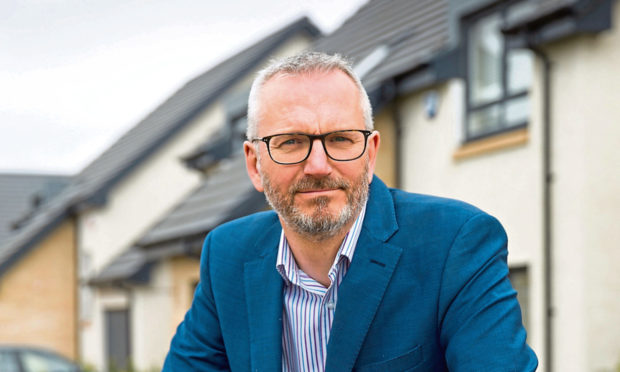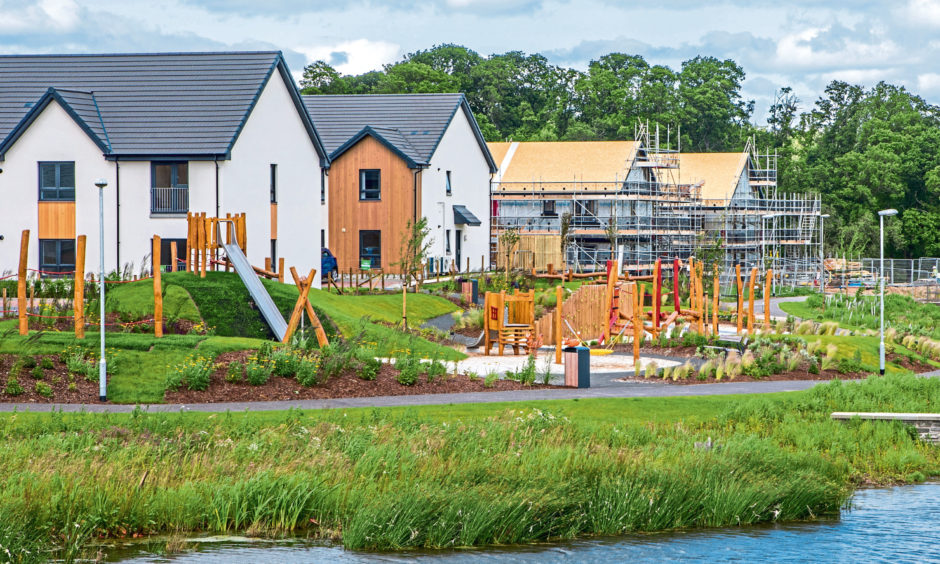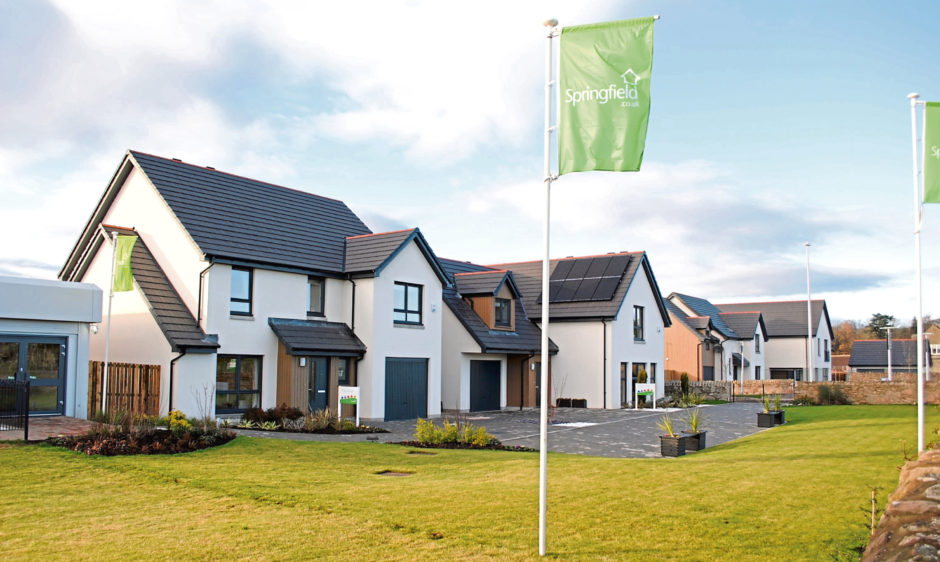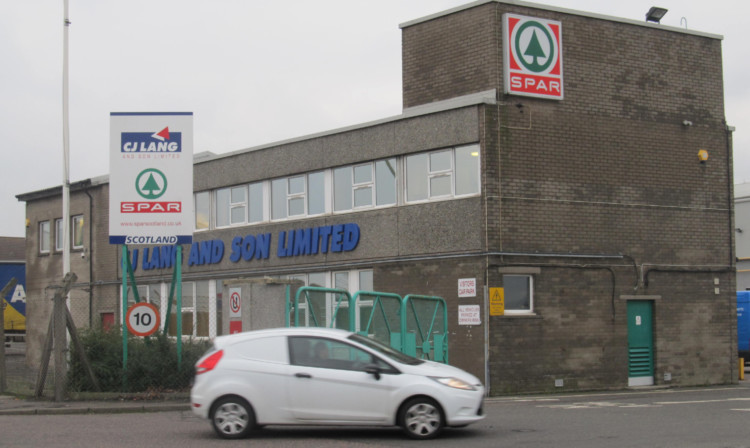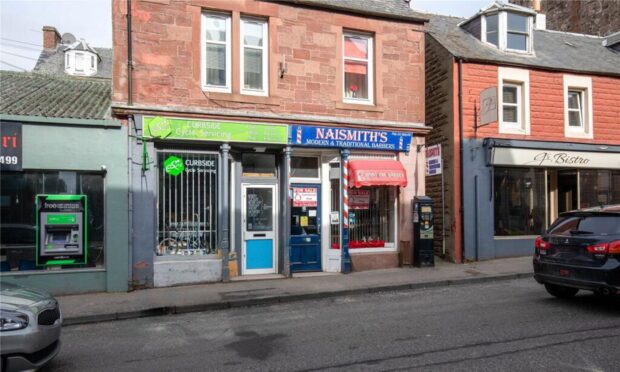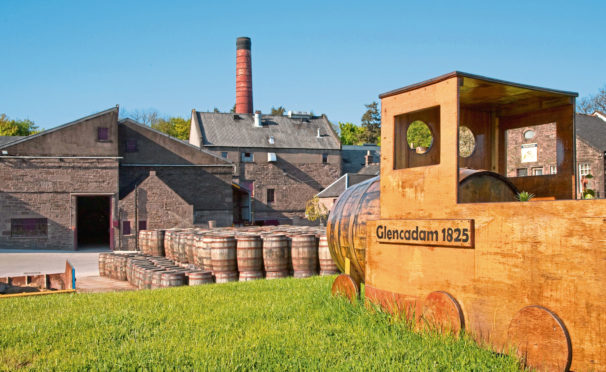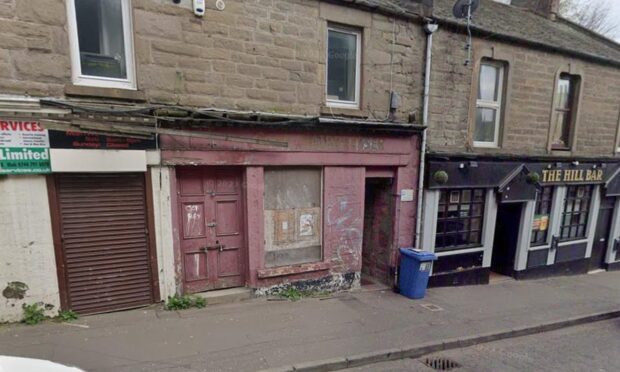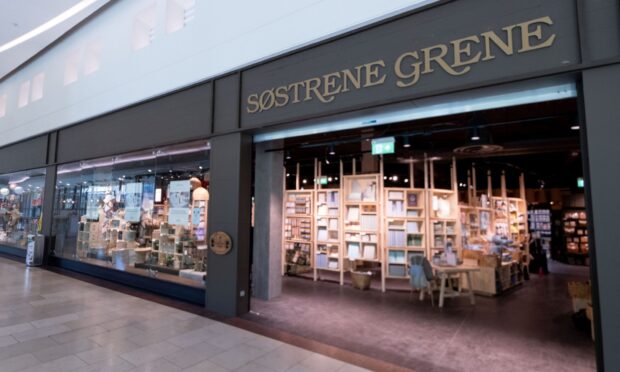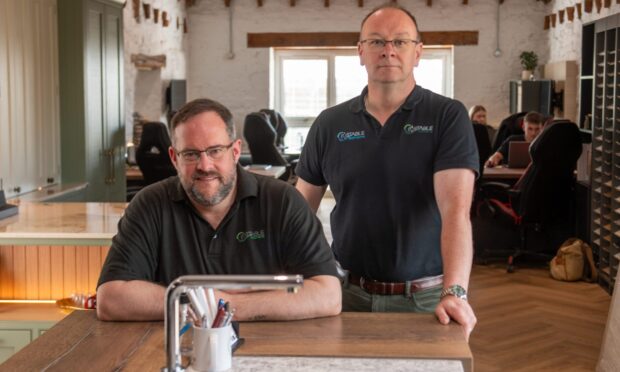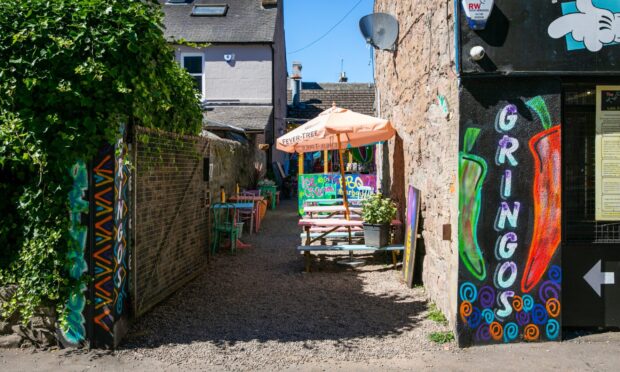Housebuilder Springfield Properties “came out fighting” as demand for its new homes among private buyers leapt by almost 25% in the three months after the end of Covid-19 lockdown, the company’s chief executive said yesterday.
Innes Smith added that the Elgin-based firm, which has major Tayside developments, is “cautiously optimistic” the buying surge will continue, placing it in a good position to weather “more bumps ahead”.
Mr Smith’s comments came as Springfield released annual results showing the impact of the pandemic on the business during what he described as a “year of three stages”.
The figures, for the 12 months to the end of May, showed a drop in turnover from £190.8 million in the previous year to £144.4m, while Springfield’s adjusted pre-tax profits fell from £16.5m to £10.2m over the period.
The company’s results were hit by the handover of new houses scheduled for April and May being delayed due to lockdown.
The firm said that for the previous two years, those months had accounted for 30% of its annual revenue, adding that – with the sales contracted under the Scottish missive system – the revenue anticipated for the last two months of 2019-20 is expected to be recognised in the first half of its current financial year.
Mr Smith said: “During the year, ahead of the Covid-19 pandemic, we were delivering on our strategy, with notable successes across the business.
“We progressed the development of our large, high-quality land bank and expanded geographically.
“We continued to deliver great places to live against a backdrop of sustained demand for housing in Scotland.
“As a result of the lockdown, the completion of homes scheduled to take place in April and May 2020 was postponed into 2020-21. However, with these sales under contract, we were able to complete the homes for handover to our customers early in the current financial year.”
The housebuilder is behind the Bertha Park development of 3,000 homes in Perth and Dykes of Gray on the outskirts of Dundee.
Mr Innes continued: “Since resuming operations, we have seen a strong increase in demand, with private reservations 24% above the same period last year. This reflects both the pent-up demand and the increasing desire for buyers to move out of city centres and into larger homes with gardens, which is the type of home that Springfield offers.
“We are delivering on a solid pipeline in affordable housing, with £38.8m of contracted revenue.
“We are in a strong financial position, having increased our credit facility during the year, and as we have recommenced handovers post period end, our net debt position has reduced. Consequently, we look to the future with confidence.”
Springfield completed 419 new private houses during the year, compared to 630 in 2018-19, with its revenue from that sector falling from £143.3m to £98.9m year-on-year.
The company reported “excellent progress” on its village developments in Elgin, Dundee, Perth and Stirling.
In its affordable housing operations, the number of completions was down from 322 in 2018-19, to 308, but revenue rose to £43.4m from £42.9m.
By the end of May, the group’s land bank stood at 15,882 plots. It paused acquisitions at the outset of lockdown and Mr Smith said the firm was “less aggressive on that front.”
He added: “We’ve got a huge land bank and its time to sweat those assets and get the houses built on them, as opposed to buying more.”
During the year Springfield increased its presence in the Highlands, with the acquisition of land at Easterfield, in Inverness, for 90 homes and at Milton of Culloden, for 100 houses.
The company said that, following the strong return after lockdown its directors had decided to propose a reduced dividend of 2.0p per share.
